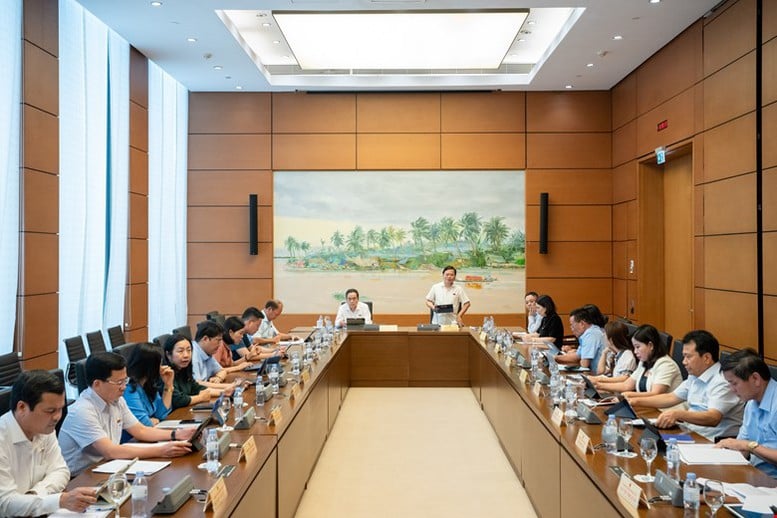
National Assembly deputies discuss in group 13 - Photo: VGP
On the afternoon of May 15, continuing the 9th session, the National Assembly discussed in groups three important contents: the Draft Law on Participation in the United Nations Peacekeeping Force; the Draft Resolution of the National Assembly on mechanisms and policies for private economic development; the Draft Resolution of the National Assembly on a number of special mechanisms and policies, creating breakthroughs in building and organizing law enforcement.
In particular, the content related to private economic development attracted attention and received many profound opinions from National Assembly delegates.
Creating long enough 'financial space' for innovative startups
At Group 13 (including delegations from Bac Ninh , Hau Giang, Dak Lak, Lao Cai), delegate Nguyen Nhu So (Bac Ninh delegation) expressed his high agreement with the Draft Resolution of the National Assembly on mechanisms and policies for private economic development.
Mr. So assessed that the draft Resolution has initially institutionalized many major and important policies set forth by the Party in Resolution No. 68-NQ/TW, especially the viewpoint of establishing the private economic sector as an important driving force of the socialist-oriented market economy.
The draft demonstrates innovative thinking in policy making, with a comprehensive and synchronous approach in many core aspects such as land, tax, credit, science and technology, innovation, human resource development and administrative procedure reform.
This is a very commendable step, demonstrating the State's strong commitment to creating a favorable, equal and transparent environment for the private economy to develop sustainably and long-term.
However, in order for the policy to truly come into life and be effective, delegate Nguyen Nhu So proposed to adjust some contents. In particular, he recommended increasing the corporate income tax exemption period to 5 years, then continuing to reduce 50% of the tax payable in the next 5 years (in Clause 1, Article 10), to create a "financial space" long enough for the group of innovative startups.
According to Mr. So, the development cycle of this type of enterprise usually lasts 5-7 years, requiring large investments in research, technology and high-quality human resources. This stage is often unprofitable or has high risks, so the tax incentives as in the draft (2-year exemption, 4-year reduction) are not attractive enough.
Along with that, he also proposed to increase the personal income tax exemption period to 5 years for experts and scientists working in innovative startups - the key force in creating technological value. Citing the example of Thailand - where personal income tax exemption is up to 10 years for human resources in strategic technology fields - delegate So said that if Vietnam does not have a competitive enough policy, it will be difficult to attract talent and create technological breakthroughs.
Regarding support for innovation and intellectual property, delegate So proposed adding provisions to support costs for registration and protection of intellectual property rights for small, medium and start-ups. He emphasized that in the knowledge economy, intangible assets such as inventions and algorithms are decisive factors in competitiveness. However, many start-ups today do not have enough resources to protect intellectual property, and are at risk of losing their brands and having their domain names taken over.
He cited Singapore supporting up to 70% of the cost of international intellectual property registration, and South Korea supporting more than 11,000 businesses in this field. Protecting intellectual property is not only a risk prevention but also a strategy to enhance the core competencies of businesses.
In addition, delegate Nguyen Nhu So also proposed adding content on establishing representative institutions and effective policy consultation mechanisms with the business community and business associations.
Accordingly, businesses - especially the private economic sector - need to be recognized as official partners in the process of building and planning relevant economic policies.
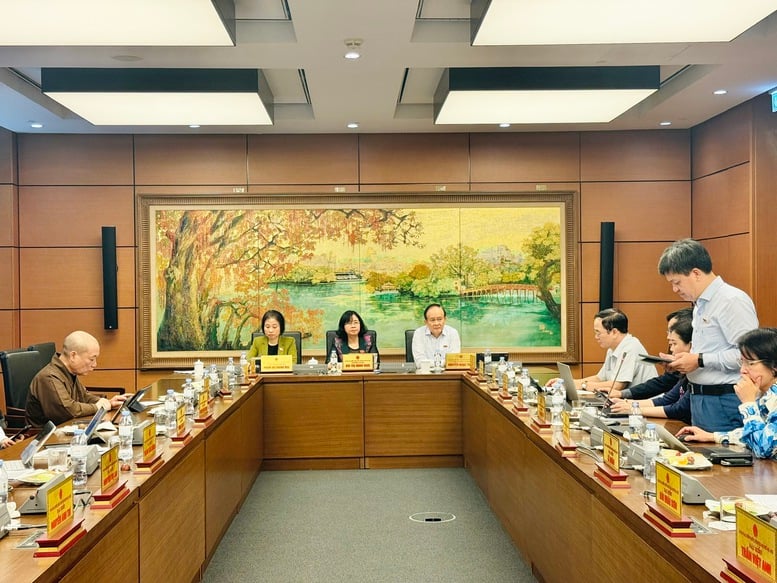
National Assembly deputies discuss in group 1 (Hanoi delegation) - Photo: VGP/Thu Giang
Protect business interests
At group 15 (including delegations: Vinh Phuc, Quang Tri, Binh Phuoc, Binh Thuan), delegate Ha Sy Dong (Quang Tri delegation) also contributed many profound ideas to perfect the institution, enhance the effectiveness and efficiency of law enforcement organization.
Regarding the principles of inspection, examination, and licensing, he proposed adding a regulation that does not require businesses to re-provide documents that have been issued by state agencies or are already available on the national database that the agency has access to. This is to promote e-government and avoid causing trouble for businesses.
Mr. Dong also suggested that during the inspection, examination, and licensing process, businesses have the right to cite previous conclusions of state agencies in similar cases to protect their legitimate rights. If the state agency makes a different decision, it must clearly explain it. This helps avoid arbitrariness and ensures fairness and transparency in the performance of official duties.
Regarding the principle of handling violations, delegates support the regulation of not applying unfavorable retroactivity, but propose adding to allow state agencies to apply favorable retroactivity regarding administrative and criminal responsibilities.
This is because in many cases the law has inappropriate provisions. Because of these inadequacies, some businesses violate the law. Then, the state agency realizes the inadequacies and adjusts the regulations in a way that is favorable to the businesses. Then, the cases where businesses have previously violated the law should be applied retroactively in a favorable way.
Notably, delegate Ha Sy Dong also proposed to increase the application of bail and release measures in criminal proceedings. Only in cases of real necessity should temporary detention and temporary imprisonment be applied.
According to the delegate, reality shows that in many cases, if businessmen are released on bail, they have the opportunity to recover damages or continue to run their businesses. Prolonged detention and temporary imprisonment of businessmen often only resolves a small case but causes a large enterprise to fall into difficulty and lose its ability to compete internationally.
Regarding investigation, survey, and consultation with private enterprises, in addition to the hard measures mentioned in the Resolution, delegate Ha Sy Dong proposed adding measures such as investigation, survey, and evaluation of state agency activities from the perspective of private enterprises, similar to the PCI index. He suggested maintaining and expanding these survey programs, helping to accurately reflect the current situation and promote positive changes from public agencies.
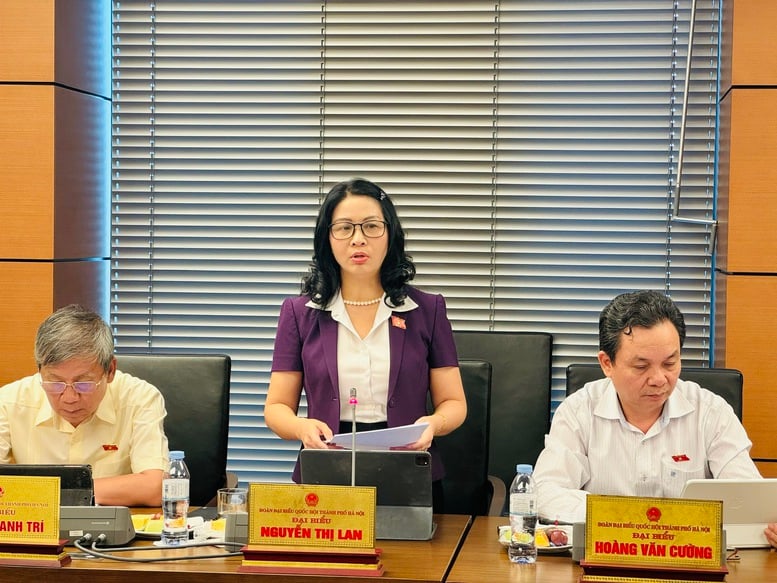
Delegate Nguyen Thi Lan gives her opinion at the discussion in group 1 - Photo: VGP/Thu Giang
Giving comments at Group 1 (Hanoi Delegation), delegate Nguyen Thi Lan, Director of Vietnam Academy of Agriculture, expressed her high agreement with the draft resolution on promulgating a number of specific mechanisms and policies to develop the private economy.
According to delegates, the content of the resolution closely follows the spirit of Resolution 68 of the Politburo, expressing the desire to innovate institutions, remove bottlenecks in the economy, support specialized science, and at the same time avoid criminalizing economic relations.
“This is the driving force for the entire population to be excited and bold in participating in production, business and technological innovation,” Ms. Lan commented. However, in order for major policies to be effectively implemented, delegates said that it is necessary to specify policies in a clear direction regarding beneficiaries, support levels, financial resources, while ensuring consistency and synchronization in the implementation process.
The delegate emphasized that to promote investment in remote, isolated, and particularly disadvantaged areas – where there is much untapped potential – strong enough policies are needed to attract businesses. Mountainous and remote areas like these need businesses as the core and driving force to develop.
In particular, Ms. Lan noted that the agricultural sector and its supporting industries are currently facing many difficulties. Despite achieving a revenue of 62 billion USD and a surplus of 14 billion USD in 2024, most of the supporting products for agriculture such as machinery, materials, hybrid seeds, etc. still have to be imported. She recommended that there should be an order policy to develop essential domestic products, such as single hybrid vegetable seeds (currently >90% must be imported) or parent shrimp seeds for export.
“We must review each field to choose the right areas that are weak, have few businesses investing but still have a lot of room, from there, design specific policies to support attracting more businesses to invest,” Ms. Lan suggested.
For example, agricultural support policies must support deep processing and high technology, biotechnology, and select areas with room to increase profits. Some areas with good processing can be supported less (such as coffee processing or animal feed..). As for agricultural processing (vegetables, fruits, seafood...) where deep processing is still poor, there needs to be strong policies to promote business investment and development.
Appreciating Article 8 of the draft on supporting the improvement of human resource quality, especially the policy of training 10,000 business executives, Ms. Lan suggested that it is necessary to develop a systematic training program, linked to the actual needs of each industry and each field. At the same time, it is necessary to develop training facilities, standard practice - internship facilities, with sufficient conditions to form a team of professional entrepreneurs, playing a leading role in the private economy.
Thu Giang
Source: https://baochinhphu.vn/hien-ke-chinh-sach-dot-pha-de-kinh-te-tu-nhan-phat-trien-manh-me-ben-vung-10225051518113024.htm



![[Photo] Top players gather at the 2025 Nhan Dan Newspaper National Table Tennis Championship](https://vphoto.vietnam.vn/thumb/1200x675/vietnam/resource/IMAGE/2025/5/23/9ad5f6f4faf146b08335e5c446edb107)


![[Photo] Anh Hoang - Dinh Duc successfully defended the men's doubles championship of the National Table Tennis Championship of Nhan Dan Newspaper](https://vphoto.vietnam.vn/thumb/1200x675/vietnam/resource/IMAGE/2025/5/23/d6ab3bcac02c49928b38c729d795cac6)

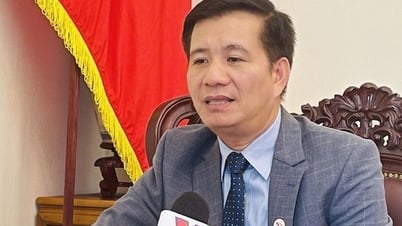



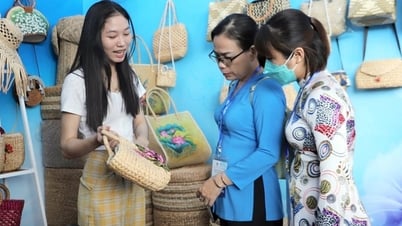
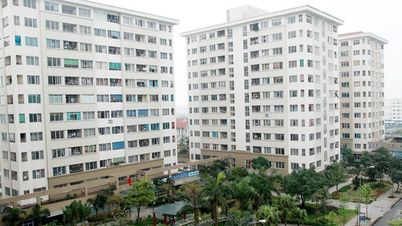
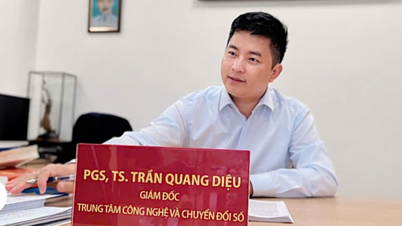







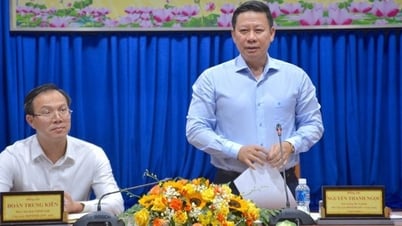
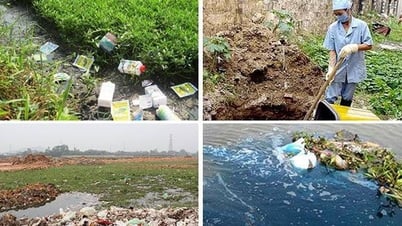

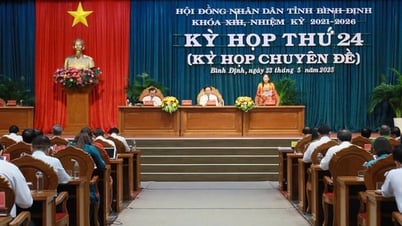














































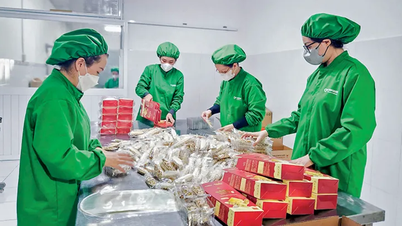




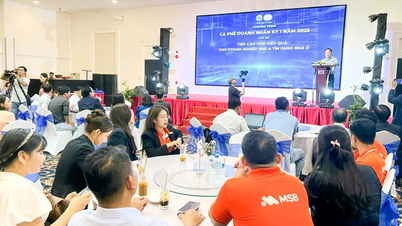













Comment (0)